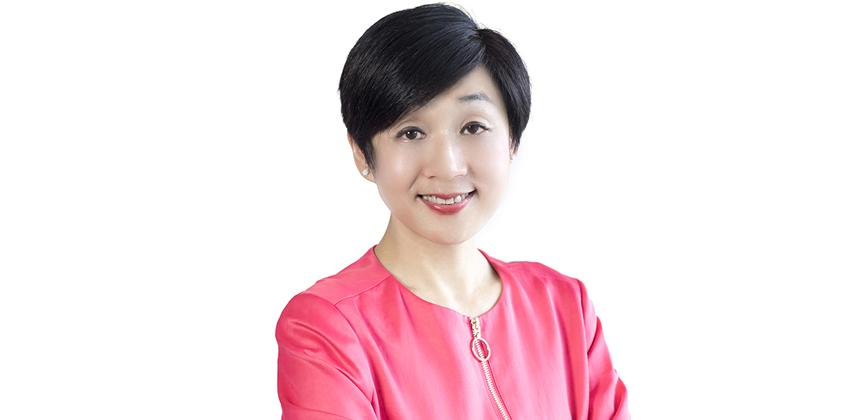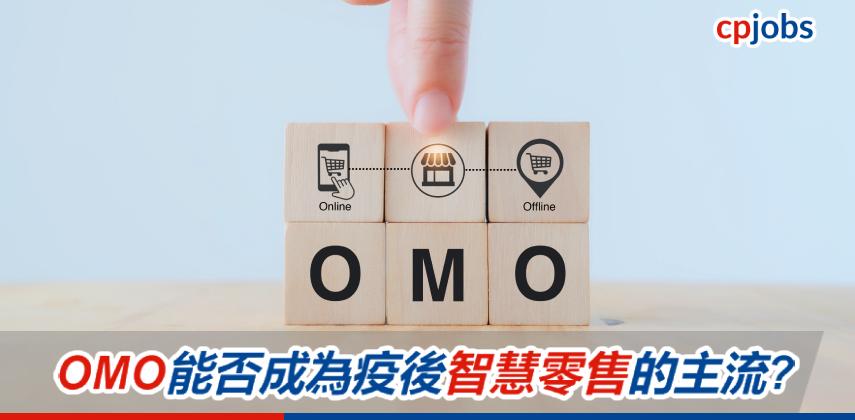As the roll out of fifth-generation broadband networks, better known as 5G gets underway, organisations are beginning to look at the various ways they can utilise the latest wave of groundbreaking technology by building a future-ready workforce to capitalise on an array of new possibilities.
Dubbed by some as “the connective tissue” for the Internet of Things (IoT), according to professional services and consulting company Accenture, the change from the current 4G to 5G — which has been likened to moving from a typewriter to a computer —will ultimately change the way that services and businesses operating models are structured.
With data rates of up to 100 times faster than current 4G networks, Hong Kong is being tipped by government officials to be one of the world’s earliest adopters of next generation 5G technologies, with the Office of the Communications Authority announcing that “once service allocation details are finalised”, the city would “grasp” the benefits of 5G. According to professional services and consulting company Accenture, the change from the current 4G to 5G — which has been likened to moving from a typewriter to a computer —will ultimately change the way products, services and businesses operating models are structured, which means for those who invest their time acquiring the skills needed capitalise on the new era of career possibilities, 5G, is unequivocally good news.
While 5G is often associated with the telecommunications sector and IT infrastructure, Robert Sheffield, Morgan McKinley managing director — Greater China believes the impact of 5G technology will resonate across multiple industry segments. “Jobs where workers will use their unique skill-set in ways that perhaps could never have been done in a traditional job are being increasingly talked about,” says Sheffield who also notes that, the increasing number of IoT-connected devices will create the need for thousands of skilled technicians to install, sustain and maintain these networks. At the same time, augmented (AR) and virtual reality (VR) applications delivered on a high-speed 5G platform will create new opportunities for the retail, property, entertainment, gaming, manufacturing and tourism sectors. For example, by leveraging on 5G technology, Sheffield says consumers will be able to virtually experience travel destinations. Meanwhile, in the retail and marketing environment, mobile AR shopping experiences will revolutionise the retail experience with customers being able to visualise products in a local environment.“ In-store AR will enable shoppers to view additional information on a product by simply pointing their phones at it,” notes Sheffield. At the same time, Sheffield believes the impact on small business growth should be significant as companies will be able to compete more effectively on a global scale.
“We expect to see a continuing increase in the number of 5G related jobs both in Hong Kong and mainland China,” says Sheffield, adding that the current demand for skills and talent is outstripping the supply of talent. “We know in China the number of 5G related opportunities increased by more than 800 per cent year-on-year from January to May,” notes Sheffield. From Hong Kong’s perspective, the prime industry candidates for producing 5G-related jobs include the finance, technology, entertainment, transportation, retail, and education and healthcare sectors.
Because of the anticipated impact of 5G, Sheffield predicts a rise in demand of what he describes as tech-enabled “internet of skills”, to meet demand in the retail, utilities, medical care, education and manufacturing sectors. However, to date, other than small numbers of businesses implement training and development around mobile technology, in Hong Kong, Sheffield notes that gearing up for 5G careers is lagging behind other geographies. “The drive for talent in the 5G space is far more reactive than a proactive approach to working with universities and colleges to try and develop the workforces of the future,” notes Sheffield.
As 5G opens new streaming horizons for the global media ecosystem, Lovinia Chiu, chairman and CEO of the Medialink Group, believes it is important for Hong Kong to strengthen the implementation of initiatives in the area of technology-led creativity. “The arrival of 5G — which is set to be the fastest mobile network ever — is going to open up new job opportunities in the creative industries, particularly for media and entertainment,” says Chiu whose company is a leading Asia-wide distributor of third-party owned media content, which includes animation series, variety shows, drama series and animated and live-action feature films. From sales and marketing to creating new content, Chiu says that, because 5G provides more convenient and faster ways of producing, accessing and viewing content, as a result, the technology platform will create more jobs.
To embrace the potential 5G offers, Chiu stresses it is crucial for Hong Kong to reposition and re-adapt to equip young people with technology skills and know-how as sustainable growth driver in an increasingly competitive and challenging environment. “We need to encourage young people to excel at using technology to develop their creative skills, which means they need to look beyond the traditional finance and bricks and mortar industries,” says Chiu who established the “Chiu Siu Yin Lovinia Scholarship”, awarded annually to two outstanding Year 4 Baptist University undergraduate students enrolled in the Bachelor of Communication — Film and Television or Film Major Animation and Media Arts stream.





